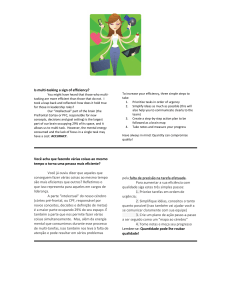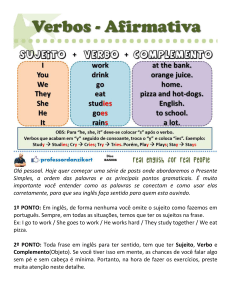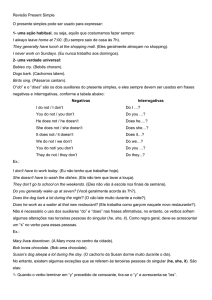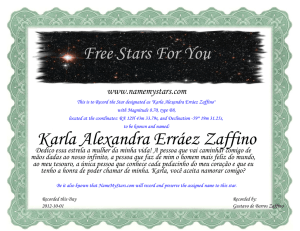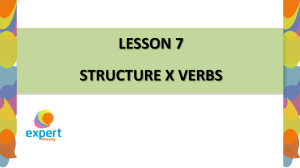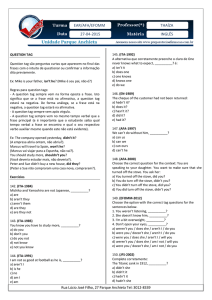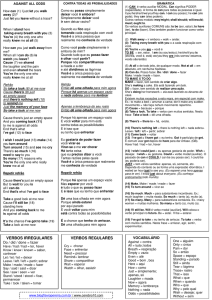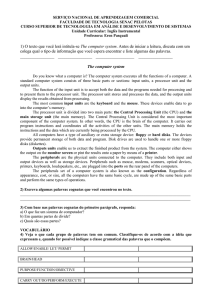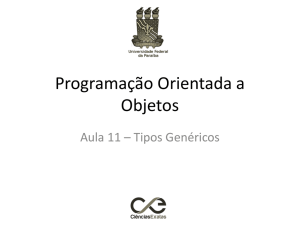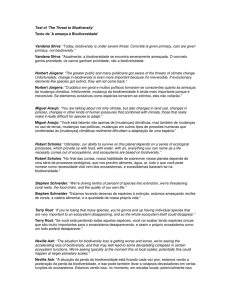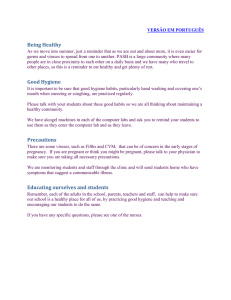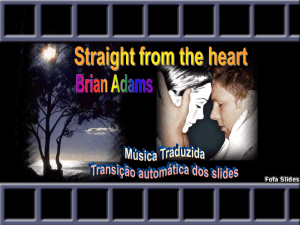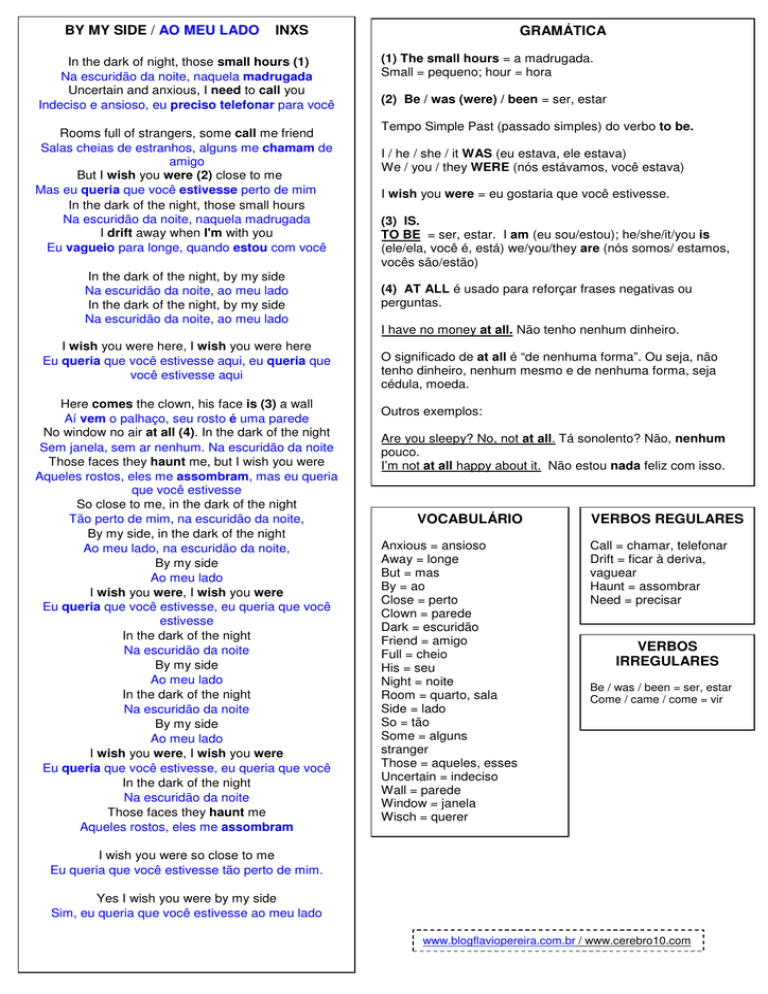
BY MY SIDE / AO MEU LADO
INXS
In the dark of night, those small hours (1)
Na escuridão da noite, naquela madrugada
Uncertain and anxious, I need to call you
Indeciso e ansioso, eu preciso telefonar para você
Rooms full of strangers, some call me friend
Salas cheias de estranhos, alguns me chamam de
amigo
But I wish you were (2) close to me
Mas eu queria que você estivesse perto de mim
In the dark of the night, those small hours
Na escuridão da noite, naquela madrugada
I drift away when I'm with you
Eu vagueio para longe, quando estou com você
In the dark of the night, by my side
Na escuridão da noite, ao meu lado
In the dark of the night, by my side
Na escuridão da noite, ao meu lado
I wish you were here, I wish you were here
Eu queria que você estivesse aqui, eu queria que
você estivesse aqui
Here comes the clown, his face is (3) a wall
Aí vem o palhaço, seu rosto é uma parede
No window no air at all (4). In the dark of the night
Sem janela, sem ar nenhum. Na escuridão da noite
Those faces they haunt me, but I wish you were
Aqueles rostos, eles me assombram, mas eu queria
que você estivesse
So close to me, in the dark of the night
Tão perto de mim, na escuridão da noite,
By my side, in the dark of the night
Ao meu lado, na escuridão da noite,
By my side
Ao meu lado
I wish you were, I wish you were
Eu queria que você estivesse, eu queria que você
estivesse
In the dark of the night
Na escuridão da noite
By my side
Ao meu lado
In the dark of the night
Na escuridão da noite
By my side
Ao meu lado
I wish you were, I wish you were
Eu queria que você estivesse, eu queria que você
In the dark of the night
Na escuridão da noite
Those faces they haunt me
Aqueles rostos, eles me assombram
GRAMÁTICA
(1) The small hours = a madrugada.
Small = pequeno; hour = hora
(2) Be / was (were) / been = ser, estar
Tempo Simple Past (passado simples) do verbo to be.
I / he / she / it WAS (eu estava, ele estava)
We / you / they WERE (nós estávamos, você estava)
I wish you were = eu gostaria que você estivesse.
(3) IS.
TO BE = ser, estar. I am (eu sou/estou); he/she/it/you is
(ele/ela, você é, está) we/you/they are (nós somos/ estamos,
vocês são/estão)
(4) AT ALL é usado para reforçar frases negativas ou
perguntas.
I have no money at all. Não tenho nenhum dinheiro.
O significado de at all é “de nenhuma forma”. Ou seja, não
tenho dinheiro, nenhum mesmo e de nenhuma forma, seja
cédula, moeda.
Outros exemplos:
Are you sleepy? No, not at all. Tá sonolento? Não, nenhum
pouco.
I’m not at all happy about it. Não estou nada feliz com isso.
VOCABULÁRIO
Anxious = ansioso
Away = longe
But = mas
By = ao
Close = perto
Clown = parede
Dark = escuridão
Friend = amigo
Full = cheio
His = seu
Night = noite
Room = quarto, sala
Side = lado
So = tão
Some = alguns
stranger
Those = aqueles, esses
Uncertain = indeciso
Wall = parede
Window = janela
Wisch = querer
VERBOS REGULARES
Call = chamar, telefonar
Drift = ficar à deriva,
vaguear
Haunt = assombrar
Need = precisar
VERBOS
IRREGULARES
Be / was / been = ser, estar
Come / came / come = vir
I wish you were so close to me
Eu queria que você estivesse tão perto de mim.
Yes I wish you were by my side
Sim, eu queria que você estivesse ao meu lado
www.blogflaviopereira.com.br / www.cerebro10.com

